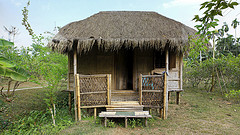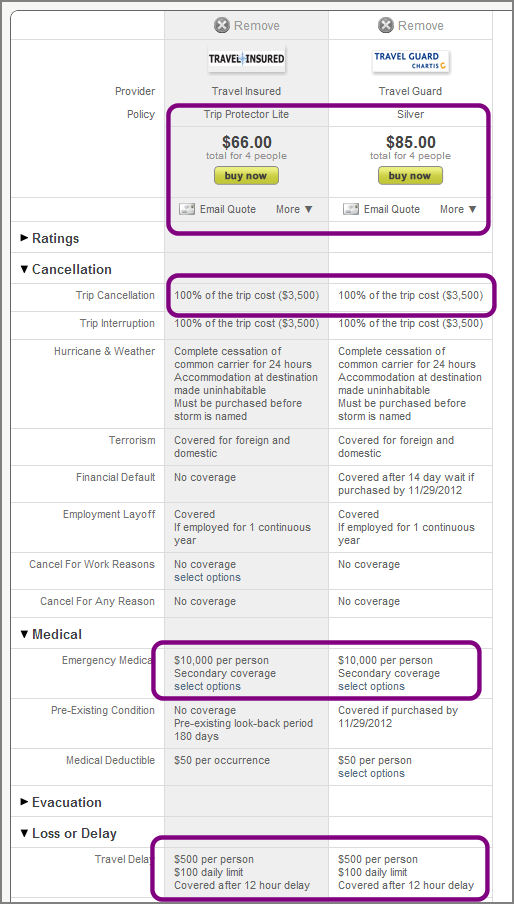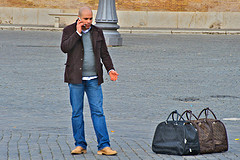 Many travelers prefer the personalized attention and unique ambiance of a bed and breakfast or an inn when they travel, but this type of travel comes with its own unique set of risks that travelers do not always consider.
Many travelers prefer the personalized attention and unique ambiance of a bed and breakfast or an inn when they travel, but this type of travel comes with its own unique set of risks that travelers do not always consider.
How inns and bed and breakfasts are different
Bed and breakfast facilities are typically individually owned and run by an innkeeper who may or may not reside on the property. The same is true of many smaller and intimate inns. These are small businesses, and as such, they operate under very different rules than a typical corporate-owned hotel chain.
First, they typically require you stay a minimum number of nights (two is typically the minimum) and the full amount for your entire stay is required up-front.
Second, their cancellation policies are non standard and can be very restrictive. While with many hotels, you can call within 24 hours of your stay and cancel, that’s not true of inns and bed and breakfast facilities. Nearly always, the policy is that the innkeeper will attempt to rebook your room and charge you a simple cancellation fee ($20 and higher is typical). Unfortunately, it’s important to remember that these facilities are not drive-up types of establishments. If the innkeeper is unable to rebook your room with other guests, there is no refund.
In addition, you must cancel long before your arrival (many require 7 full days notice or more). If the inn or bed and breakfast is located near an annual event, such as a festival, or your stay is around a holiday, the cancellation notice period may be significantly extended or non existent.
For example, we’ve read cancellation policies like this:
Your deposit will be refunded less a $20.00 handling fee if we receive your cancellation request before the cancellation period. If a cancellation request is made within the cancellation period no refund will be made UNLESS your room can be rebooked, in which case you will receive a refund less a $20 cancellation fee. Our cancellation period is 7 full days before the check-in date EXCEPT:
* 14 days for holiday periods or 3 or more rooms or for stays longer than 7 nights
* 14 days for the Prescott Frontier Days Rodeo (4th of July week)
* 14 days for The Lodge (30 days for holiday periods)
For all 14 and 30 day cancellation periods, guests will be charged the full amount for ALL room nights reserved less any amounts received for room nights rebooked.
Cover the risks of your bed and breakfast trip
- If you’ve long planned a restful getaway at a quaint inn in the mountain, but your boss cancels your leave, you could lose all your pre-paid costs. A travel insurance package with trip cancellation coverage will help in this instance.
- If you receive a call that your child has been hospitalized and have to abandon your weekend, you’ll lose the money you’ve already paid. A travel insurance package with trip interruption coverage can help in that instance.
- If the inn is hit by a natural disaster, but still open for business, you might prefer to book your stay somewhere else. A trip insurance package with ‘cancel for any reason’ coverage will help in this instance.
Staying at a unique one-of inn or bed and breakfast has it’s delights, but don’t risk your entire travel investment. Â See our full page on travel insurance for inn and bed and breakfast stays.

 Some of the unexpected things that can go wrong on a bed and breakfast trip include the following:
Some of the unexpected things that can go wrong on a bed and breakfast trip include the following:





